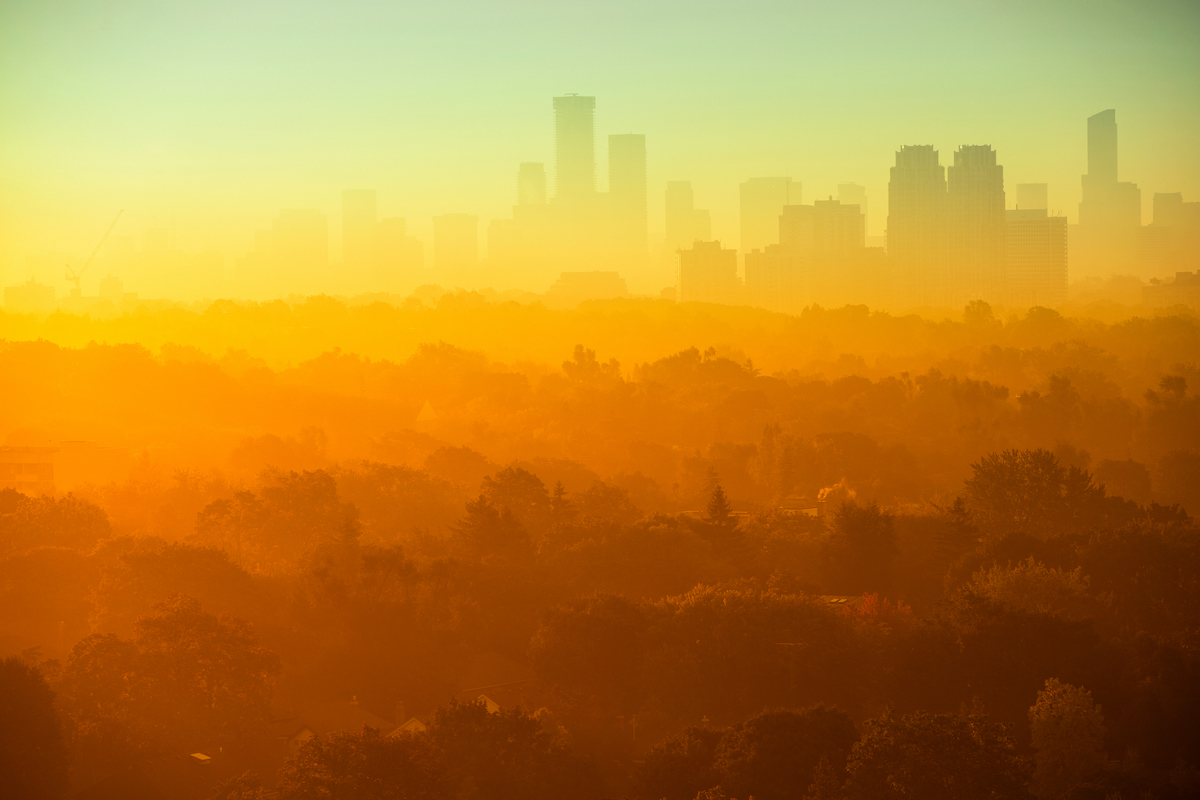The Crisis of Acute Heat in the City: Science and Policy Responses
Date: Friday, September 27, 2024 Location: Online Only

Today, around 55% of the world’s population lives in an urban environment. Urban heat islands (UHIs) have been well documented for decades. They occur when a city’s infrastructure, like roads and buildings, absorb and remit heat more than natural landscapes like forests. This causes increased heat stress, since temperatures of cities tend to be hotter than their rural counterparts, and this is increasing quickly as climate change is leading to longer, more severe, and more frequent heat waves.
Co-convened by the International Science Reserve (ISR) and the University of California Disaster Resilience Network (UCDRN) during the Science Summit at the 79 UN General Assembly in September 2024, this panel brought together expertise ranging from engineering and urban development to equity and public policy. Panelists discussed inequities and other issues surrounding the worsening of urban heat and resulting crises.
These require cities around the globe to respond to and better prepare for the effects of increasingly extreme and frequent heat emergencies, and their related impacts. For example, tropical and coastline geographies are reaching critical “wet bulb” temperatures, at which the human body can no longer cool down through its natural sweating process. China, Bangladesh, Pakistan, India, the Arabian Peninsula, and the African Sahel are among the risk zones. Jacobabad, Pakistan, often called one of the hottest cities on earth, has experienced at least four extreme wet bulb events in recent years.
Similarly, in some geographies, humidity is rising in ways that make it difficult for people’s bodies to cool down at night, with adverse effects on human health. And in cities where there has not historically been the need—as well as in those lacking the resources—for cooling infrastructure, there is increased risk because they are underprepared.
Just like with a hurricane or an earthquake, the world’s most vulnerable cities need better preparation and mitigation measures to prevent and reduce severe health impacts, including death. This panel will discuss the planning possibilities to prepare cities for urban heat islands and their related impacts, including early warning systems, infrastructure mitigation, education, and heat wave management plans. We will explore how to ensure urban dwellers, especially those most at risk like the elderly and poor or those in vulnerable geographies, can remain safe.
Panelists included:
- Tarik Benmarhnia, Professor in Epidemiology, Scripps Institution of Oceanography, University of California San Diego
- Iphigenia Keramitsoglou, Research Director in Satellite Earth Observation, Institute for Astronomy, Astrophysics, Space Applications, and Remote Sensing, National Observatory of Athens
- Ronnen Levinson, Staff Scientist and Leader of the Heat Island Group, Lawrence Berkeley National Laboratory
- Chandni Singh, Lead Researcher, School of Environment and Sustainability, Indian Institute for Human Settlements – Bangalore
- V. Kelly Turner, Associate Professor of Urban Planning and Geography, Associate Director of the UCLA Luskin Center for Innovation, UCLA
- Chelsea Harvey, Reporter, POLITICO’s E&E News (Moderator)


